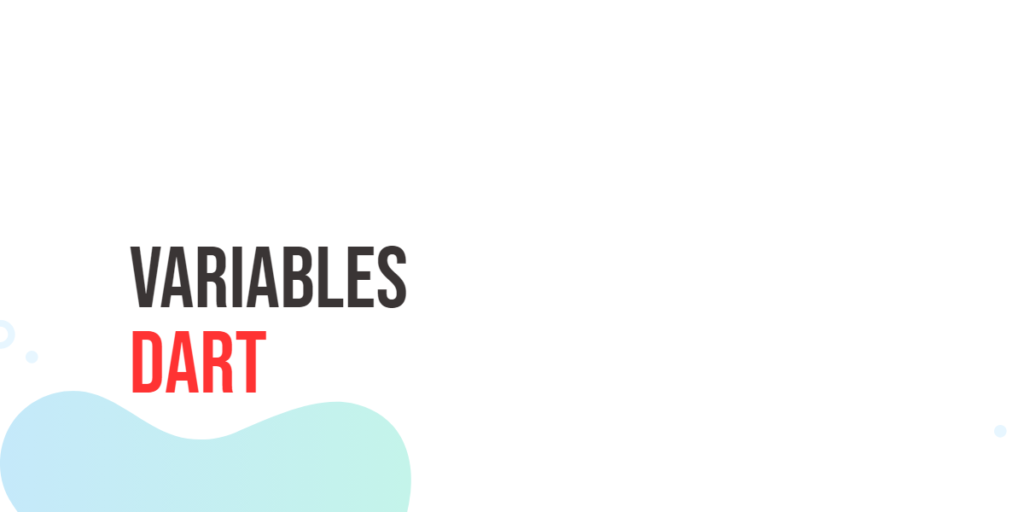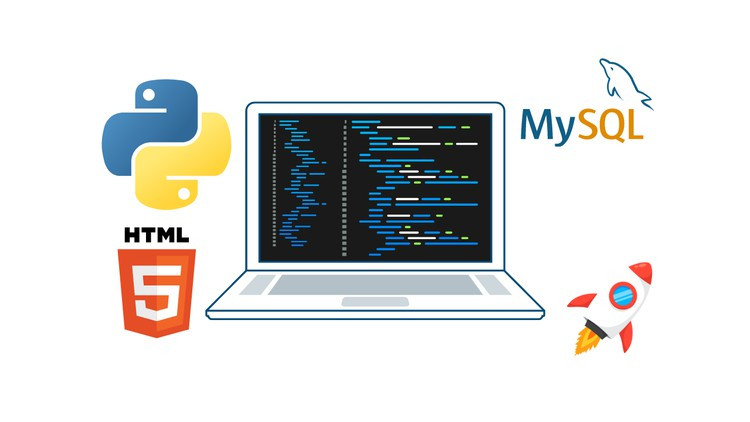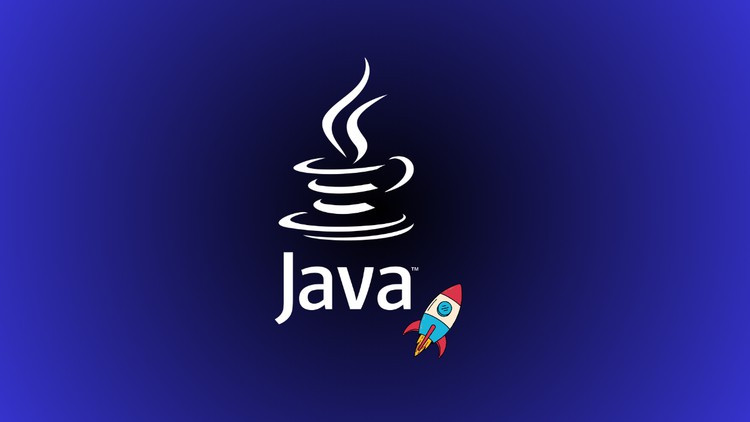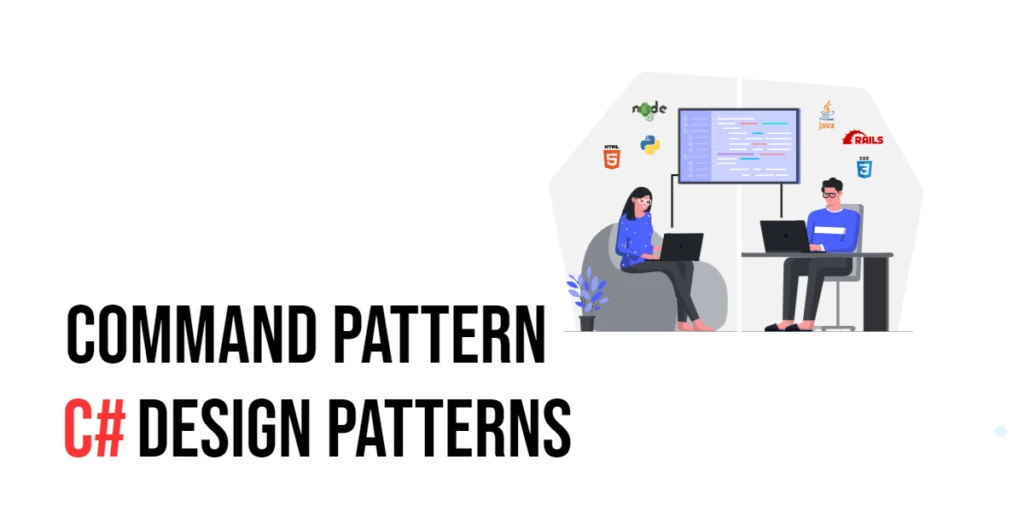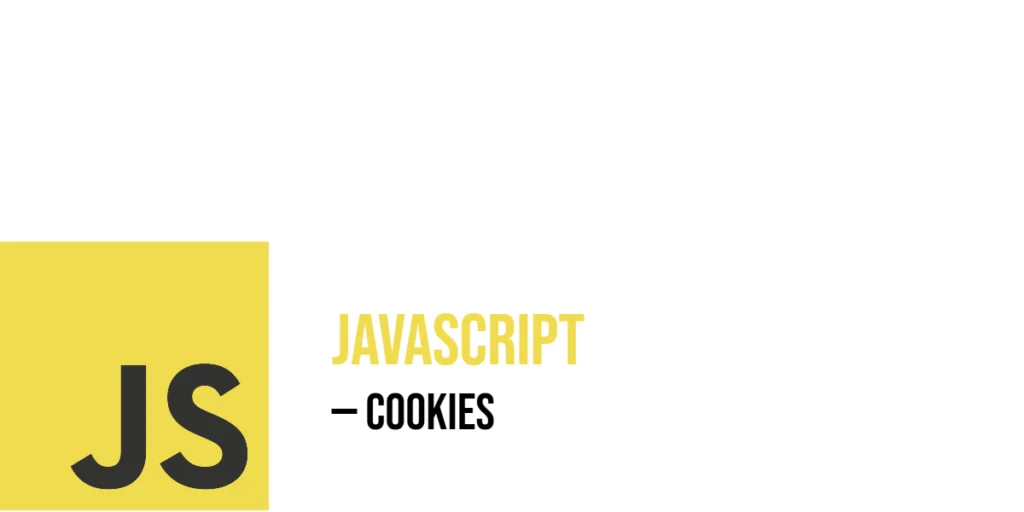Dart, a versatile programming language developed by Google, has gained significant popularity in recent years, especially with the rise of Flutter for building cross-platform mobile applications. One fundamental aspect of Dart that every developer must grasp is the concept of variables. Variables are so important in programming, for they enable developers to store and manipulate data dynamically. In this article, we will explore the ins and outs of Dart variables, covering their types, declarations, and scope.
The Basics of Dart Variables
A variable in Dart is a named space in the computer’s memory that stores a value. These values can be of various types, such as numbers, strings, or objects. Dart is a statically-typed language, meaning that the type of a variable is known at compile-time.
Declaring Variables
In Dart, you declare a variable using the var keyword, followed by the variable name and its initial value. The type of the variable is inferred based on the assigned value.
void main() {
var age = 28;
var name = 'Edward Nyirenda Jr.';
print('The name is ${name}, and is ${age} years old.');
}Here, we have declared two variables, age and name, with the respective initial values of 28 and ‘Edward Nyirenda Jr.’. While using var is convenient, Dart also allows you to explicitly declare the variable type using the type annotation.
void main() {
int count = 42;
String greeting = 'Hello, Dart!';
print('The message is: ${greeting}, and the count is: ${count}.');
}In the above example, we explicitly specify the types for the variables count and greeting. The type annotations help in catching potential errors during the development phase.
Dynamic Typing with dynamic
If you want a variable that can hold values of any type, you can use the dynamic type:
void main() {
dynamic dynamicVariable = "Hello, Dart!";
print('The current value of dynamicVariable is: ${dynamicVariable}.');
dynamicVariable = 42; // No type error
print('The current value of dynamicVariable is: ${dynamicVariable}.');
}While dynamic provides flexibility, it comes at the cost of losing some of the benefits of static typing, such as compile-time type checking. It can be advantageous, but it’s essential to use it judiciously to avoid unexpected behaviors.
Dart Variable Types
Dart supports various types of variables, allowing developers to work with different kinds of data. Let’s explore some of the primary variable types in Dart.
Numbers
Dart has two types for representing numbers: int for integers and double for floating-point numbers.
void main() {
int quantity = 10;
print('The quantity is: ${quantity}.');
double price = 5.99;
print('The price is: ${price}.');
}You can perform arithmetic operations on numeric variables, such as addition, subtraction, multiplication, and division.
Strings
Strings in Dart are sequences of characters and can be declared using single or double quotes.
void main() {
// Single quotes
String message1 = 'Hello, Dart!';
print('The first message is: ${message1}.');
// Double quotes
String message2 = "Dart is awesome!";
print('The second message is: ${message2}.');
}Dart provides a rich set of string manipulation methods for working with strings efficiently.
Booleans
Boolean variables can only have two values: true or false.
void main() {
bool isRaining = false;
print('Raining: ${isRaining}.');
}Boolean variables are commonly used in control flow statements and logical operations.
Scope and Lifetime of Variables
Understanding variable scope is essential for writing maintainable and bug-free code. Dart variables have different scopes, indicating where in the code they can be accessed.
Global Scope
Variables declared outside any function or class have a global scope. They can be accessed from anywhere in the code.
var globalVar = "I am global!";
void exampleFunction() {
print('The value of globalVar in exampleFunction() is: ${globalVar}.');
}
void main() {
print('The value of globalVar in main() is: ${globalVar}.');
exampleFunction(); // Call exampleFunction()
}Local Scope
Variables declared within a function or block have a local scope, meaning they are accessible only within that specific context.
void exampleFunction() {
var localVar = "I am local!";
print('The value of localVar is: ${localVar}.');
}
void main() {
exampleFunction(); // Call exampleFunction()
// print(localVar); // Uncommenting this line results in an error
}Block Scope
Dart has block scope, meaning variables declared within curly braces {} have scope limited to that block.
void main() {
// Block scope
{
var blockVar = 'I am in a block!';
// Accessing variable within the block
print('The value of blockVar is: ${blockVar}.');
}
// Uncommenting the next line results in an error
// print(blockVar);
}Understanding the scope of variables helps prevent unintended side effects and enhances code readability.
Null Safety
Dart has embraced null safety, providing a more robust and secure programming experience. Variables are non-nullable by default, meaning they cannot be assigned a value of null unless explicitly specified:
void main() {
String nonNullableString = "Hello, Dart!";
nonNullableString = null; // Error: Cannot assign null to non-nullable variable
}To declare a nullable variable, you can use the ? symbol:
void main() {
String? nullableString = "Hello, Dart!";
nullableString = null; // No error
print('The value of nullableString is: ${nullableString}.');
}Null safety helps prevent common runtime errors related to null references.
Constants and Final Variables
In Dart, the final and const keywords are used to declare constants. Constants are variables whose values cannot be changed after initialization.
Const Keyword
In Dart, you can declare constants using the const keyword. Constants are compile-time constants and are implicitly final. The value of a const variable must be known at compile time.
void main() {
const int constVar = 42; // Constant variable
print('The value of constVar is: ${constVar}.');
}Final Keyword
Using final is similar to const, but final variables can be assigned at runtime. Once assigned, their values cannot be changed:
int assign() {
return 42;
}
void main() {
final int finalVar = assign();
// Fails because value not known at compile time
// const int constVar = assign();
print('The value of finalVar is: ${finalVar}.');
}Best Practices for Variable Naming
Choosing meaningful and descriptive variable names is essential for code readability and maintainability. Here are some best practices for variable naming in Dart:
- Use Camel Case: Start variable names with a lowercase letter and use uppercase letters for subsequent words. For example, totalAmount instead of totalamount or total_amount.
- Be Descriptive: Choose names that clearly convey the purpose of the variable. Avoid generic names like temp or data.
- Be Consistent: Maintain a consistent naming convention throughout your codebase.
- Consider Context: Choose names that make sense in the context of their usage.
- Avoid Single-Letter Names: Except for loop counters, try to avoid single-letter variable names. This makes the code more understandable.
- Use Intuitive Names: Select names that are intuitive and reflect the content or purpose of the variable.
void main() {
// Good variable naming practices
int studentAge = 28;
print('Student age is: ${studentAge}.');
String userName = 'Edward Nyirenda Jr.';
print('Username is: ${userName}.');
bool isUserLoggedIn = true;
print('User logged in: ${isUserLoggedIn}.');
}Conclusion
Understanding Dart variables is fundamental to writing efficient and reliable Dart code. Whether you are a beginner or an experienced developer, mastering variables sets the stage for building robust applications. We’ve covered the basics of variable declaration, explored dynamic typing, delved into constants and scopes, and touched on advanced concepts like null safety.
